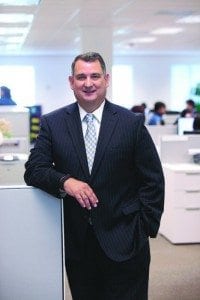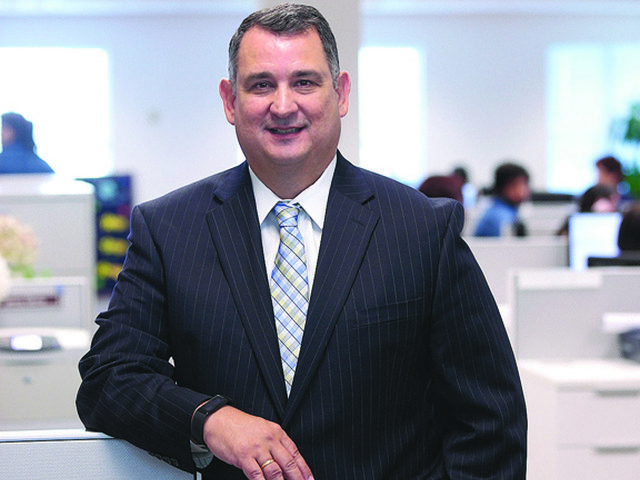
American society is changing rapidly as baby boomers retire and medical advances allow people to live longer, healthier lives. By 2040, the population aged 75-84 is expected to rise from 13 million to over 30 million. Those over 85 are expected to increase from 6 million to over 14 million.
Living longer will bring challenges for families and for society as a whole. Longer life spans already are putting a strain on Social Security as the system never contemplated that beneficiaries would live much beyond 70.
The recession of 2008 wiped out an enormous amount of wealth in this country, including the retirement accounts and home values of many older Americans. The economic recovery has been lackluster at best with many workers still under-employed.
Those with aging parents find it increasingly difficult to juggle the pressures of child-rearing while at the same time looking after aging parents.
For most individuals, aging in place — at their own residence or that of a relative — is the best solution. Older adults are loath to leave their families and their communities. That is especially true in South Florida’s large Hispanic and Jewish populations. Emotionally, financially and physically, living with family and in the neighborhood they are accustomed to, is the optimal choice.
However, as we all know, aging takes a toll on the body and often on the psyche as well. Caring for aging parents can be stressful, time-consuming and financially draining. Children often try to care for their parents on their own and fail to seek out professional assistance or tap into community resources that can help alleviate the burden.
When caretaking becomes increasingly difficult, many turn to hired help, often an untrained (and sometimes undocumented) individual, to help care for that frail family member. This can be a huge mistake.
Caring for elderly family members is not a job for amateurs, no matter how wellintentioned or loving the individual may appear to be. An untrained caregiver can worsen the condition of a frail family member, especially if they are not familiar with an acute disease or debilitating condition that may be affecting them. It also happens when dealing with bed-bound individuals who require special care when being transferred to and from their bed. This lack of training also can expose you to potential liability as the ill-prepared caregiver can hurt himself or herself when moving your loved one.
Luckily, there are a number of home care organizations, both non-profit and forprofit, that can provide vetted and trained individuals to assist you with caring for an older adult.
When choosing one, ask some important questions including:
• How long have they been in business and can they provide references? • Are they licensed and accredited?
• What are their fees and when are the services provided? Some entities only provide daytime care.
• Do they have case managers or nurses to regularly evaluate your family member and monitor the home health aide caring for your loved one?
• Can they assist you in finding other community resources (e.g. meals on wheels, adult day care) that can complement your care at home?
• Do their home health aides work for the company as employees or are they independent contractors? If they are independent contractors, are they trained and do they have workers’ compensation coverage?
Finally, as much as you would like to keep your loved one at home, there may come a time when that simply isn’t feasible any longer. When that happens, you might need help with referrals to specialized care (e.g. to treat dementia) or other facilities and programs that can provide a higher level of monitoring and attentiveness, including assisted living housing, skilled nursing care or hospice. Managing that transition is usually very stressful on a family.
A good home care partner can put you in touch with social workers and mental health professionals to help you deal with difficult family dynamics and the anxiety that often comes from such hard choices.
Getting older isn’t easy but there are resources available to help you cope with the challenges. Here are a few to get you started: www.allianceforaging.org (or their Elder Telephone Helpline 305-670-4357); www.caregiving.org; www.alz.org; www.caregiving.com or www.senioritymatters.com.
As much as we want to care for our loved ones, it is also important to care for ourselves. Don’t try to do it by yourself. Reach out and seek the help you need. Quality assistance is available including many affordable options.
Carlos Martinez is president and CEO of United HomeCare, a nonprofit home and community care organization serving South Florida since 1974. United HomeCare is opening The Residences, a state-of-the-art assisted living community in West Kendall. Visit www.tourtheresidences.com.





